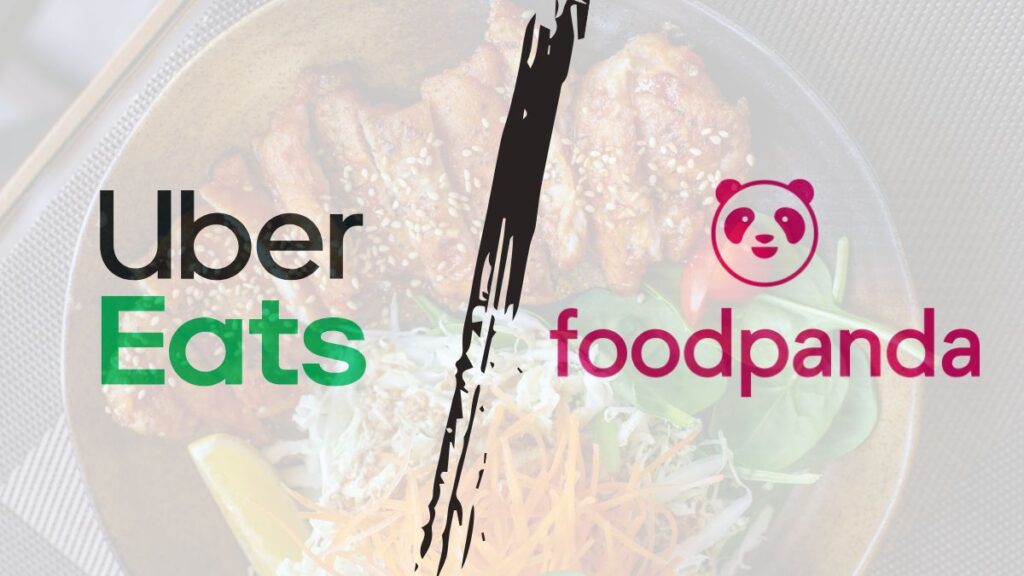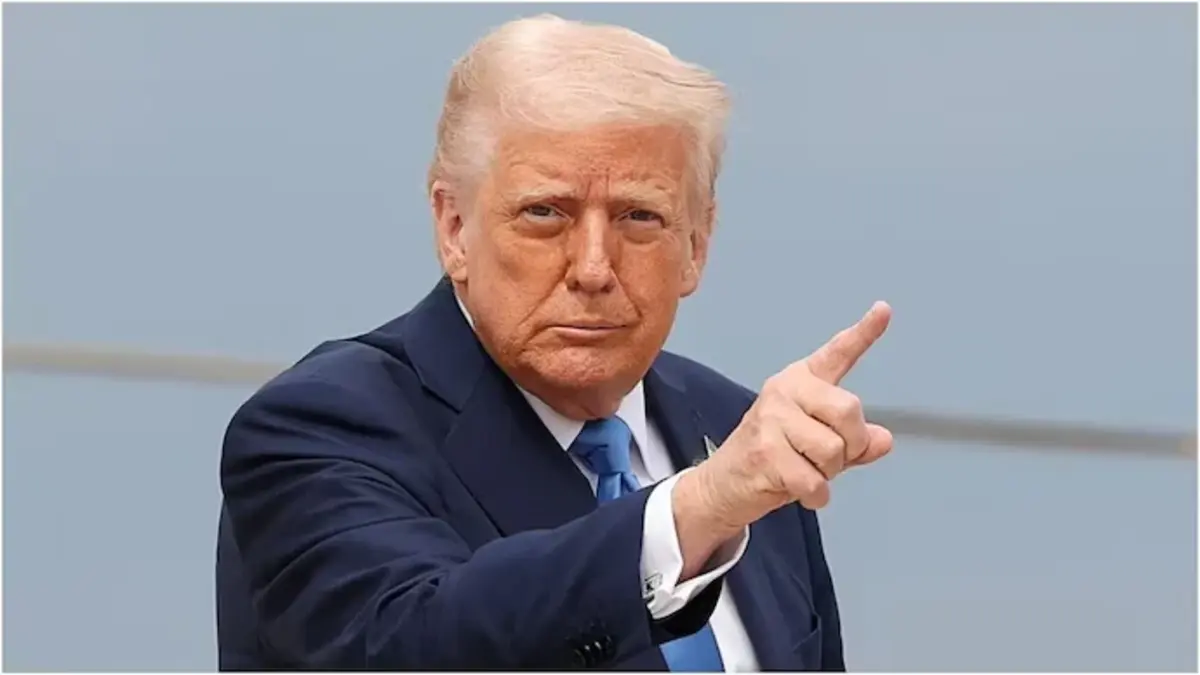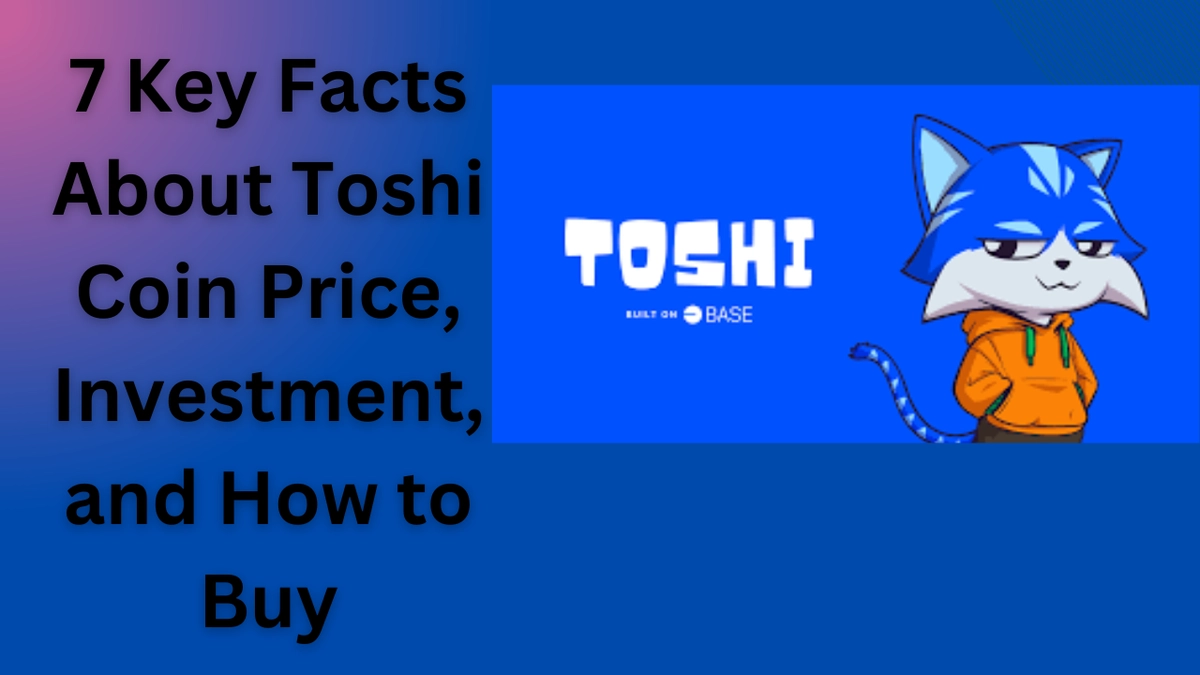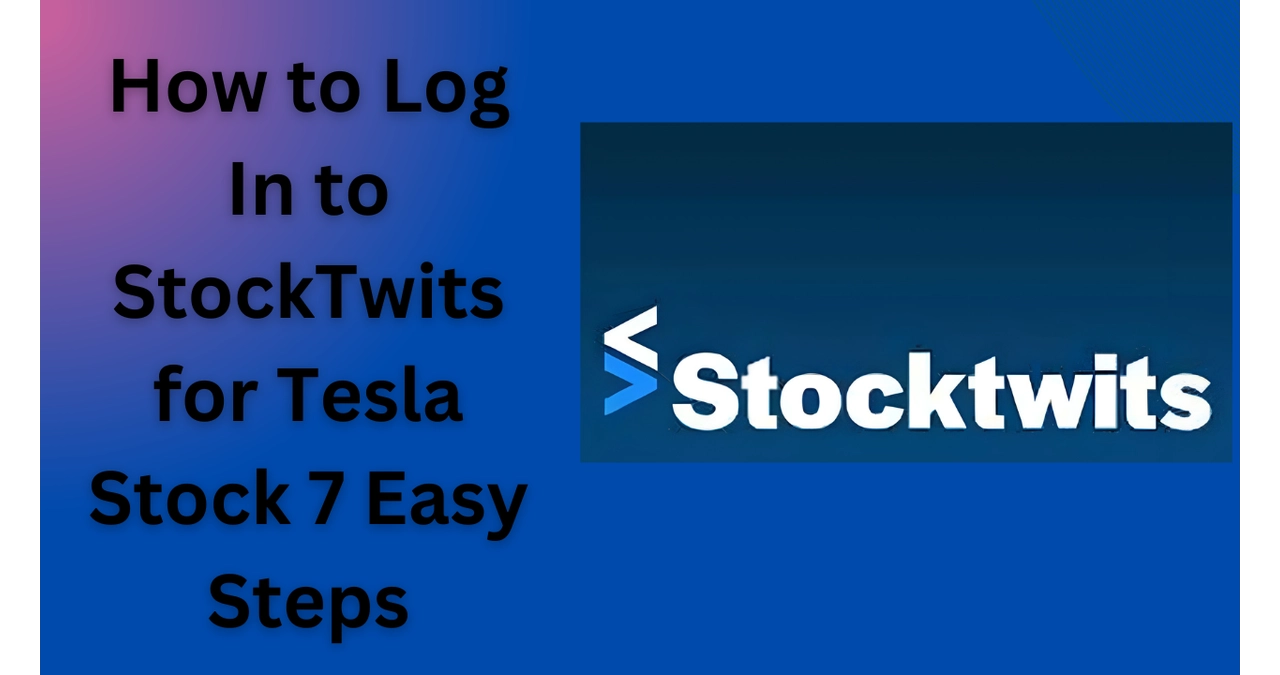NEWS FROM REUTERS
Taiwan has dealt a significant blow to Uber Technologies’ ambitious plans in the island’s food delivery sector by blocking its $950 million acquisition of Delivery Hero’s Foodpanda operations. This decision, issued by Taiwan’s Fair Trade Commission (FTC) on Wednesday, comes amid growing concerns about the anti-competitive impact the merger could have on the market. The FTC’s ruling marks a notable development in the ongoing scrutiny of consolidation within the rapidly growing food delivery industry.
READ MORE NEWS
Wall Street Rallies Ahead of Christmas: A Rejuvenating Surge Despite Ongoing Inflation Concerns
China’s Anti-Dumping Investigation into EU Brandy Extended Amid Rising Tensions
Nippon Steel’s US Steel Takeover Plan Has Strong Support in U.S. Steelmaking Areas, Executive Says
From Academia to OnlyFans: Zara Dar’s Unconventional Career Shift
Stocks Rise in Europe After US Tech Rally Lifts Sentiment: A Market Overview
- 1 Taiwan Blocks Uber’s $950 Million Acquisition of Delivery Hero’s Foodpanda Business
- 2 Taiwan’s Decision to Block Uber’s Acquisition: A Blow to Strategic Growth Plans
- 3 Why Taiwan’s Block on Uber’s Acquisition Matters to the Global Food Delivery Industry
- 4 What’s Next for Uber and Foodpanda in Taiwan?
Taiwan Blocks Uber’s $950 Million Acquisition of Delivery Hero’s Foodpanda Business
Uber’s bid to acquire Foodpanda’s business in Taiwan was seen as a key move to strengthen its competitive position in the food delivery market, particularly as it sought to grow its presence in Asia. The deal, initially announced in May 2024, was intended to create a formidable player in Taiwan’s food delivery space, with the combined entity expected to hold a market share exceeding 90%. However, the Taiwanese regulators have now intervened, halting the merger over fears that it would substantially reduce competition, thereby harming both consumers and local restaurant operators.

The FTC’s concerns are centered around the dominance UberEats and Foodpanda would achieve post-merger. The commission’s statement highlighted that, without Foodpanda’s competitive pressure, UberEats would be less constrained and could potentially raise prices for consumers and increase commissions for restaurant partners. As the market currently stands, UberEats’ main rival is Foodpanda, and the removal of this competition would leave the merged entity with a dominant market position that could stifle future innovation and lead to higher costs for consumers.
Chen Chih-min, vice chairman of Taiwan’s FTC, elaborated on these concerns, stating, “In the food delivery platform market, UberEats’ main competitive pressure comes from Foodpanda. The merger would eliminate this competitive pressure… Post-merger, UberEats would be less constrained by competition, giving it more incentive to raise prices for consumers and even increase commissions for restaurant operators.” Chen further emphasized that the combined market share of UberEats and Foodpanda would exceed 90 percent, making it an undue concentration of power in the hands of a single player.
Taiwan’s Decision to Block Uber’s Acquisition: A Blow to Strategic Growth Plans
Uber and Delivery Hero have yet to comment extensively on the FTC’s ruling, but the acquisition was seen as a key part of Uber’s strategy to bolster its presence in Taiwan’s growing online food delivery market. The deal included not only the purchase of Foodpanda’s Taiwan operations for $950 million but also a separate agreement for Uber to acquire $300 million worth of newly issued shares in Delivery Hero, the German food delivery giant.
Uber had hoped the deal would enhance its profitability, estimating that it would contribute at least $150 million annually to its adjusted core profit within a year of the deal’s closure. The acquisition was expected to help Uber compete more effectively against local players and other global competitors in Taiwan, such as DoorDash and Grab. With this recent setback, Uber will now need to reevaluate its plans for growth in Taiwan and possibly explore other ways to strengthen its food delivery business on the island.
Despite the regulatory opposition, the deal was viewed as an important part of Uber’s broader ambitions to expand its international footprint. Taiwan, though a smaller market in terms of overall food delivery revenue, is seen as a key strategic location in Asia, and the Foodpanda business offered Uber a chance to capture a larger slice of that market.
Why Taiwan’s Block on Uber’s Acquisition Matters to the Global Food Delivery Industry
The FTC’s decision to block Uber’s acquisition of Foodpanda is not just a local regulatory issue—it has significant ramifications for the global food delivery industry. The ruling underscores the increasing scrutiny of market consolidation and the potential for monopolistic practices within the food delivery sector. As major players like Uber, Delivery Hero, and DoorDash vie for dominance in key markets around the world, regulators are becoming more vigilant about ensuring that competition remains healthy and that consumers do not lose out on affordable and innovative services.
The decision also highlights the growing importance of national and regional regulators in shaping the competitive landscape for international companies. In a world where the food delivery market is expected to continue its rapid expansion, regulatory bodies in smaller, competitive markets like Taiwan can have a disproportionate impact on the strategies of global giants. Uber’s $950 million purchase of Foodpanda’s Taiwan operations may have been a relatively small deal in the broader context of Uber’s global business, but it serves as a reminder that even the most significant corporate acquisitions must adhere to the principles of fair competition.
What’s Next for Uber and Foodpanda in Taiwan?
Following Taiwan’s decision, Uber, Delivery Hero, and Foodpanda will need to reconsider their options for entering or expanding their presence in Taiwan’s competitive food delivery market. While the merger may have been blocked, the food delivery market in Taiwan remains a potentially lucrative space. Local competitors, such as Taiwanese firms and other regional players, may seize this opportunity to step up their game and capitalize on Uber’s setbacks.
For Uber, this means the company will likely have to pursue alternative strategies for growth in Taiwan, possibly focusing on increasing its market share organically or through other acquisitions that meet regulatory approval. Uber may also need to explore other regional markets where regulatory concerns are less of an obstacle to mergers and acquisitions.
In the coming weeks and months, industry observers will be closely monitoring how Uber adjusts its strategy following this significant roadblock. The ultimate question will be whether Uber can continue to thrive in Taiwan’s food delivery sector without the competitive advantage that would have come with its acquisition of Foodpanda’s operations.
Taiwan’s decision to block Uber’s $950 million acquisition of Delivery Hero’s Foodpanda business is a pivotal moment in the food delivery industry’s global consolidation. As competition regulators tighten their scrutiny, companies may need to rethink their growth strategies, while consumers will hope for continued innovation and fair pricing in an increasingly competitive market.








